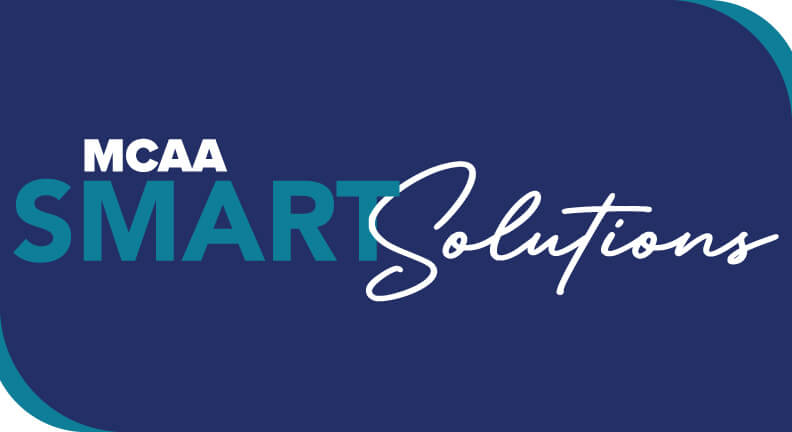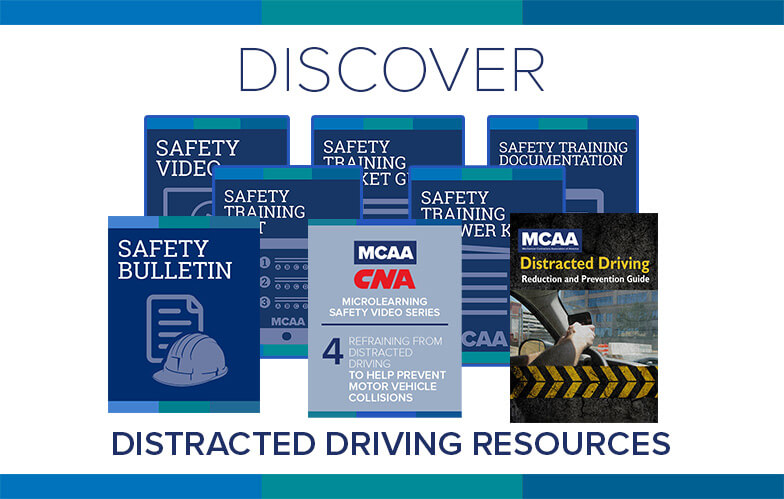
The HEROS Act: We now have new legislation that is in play, the Health and Economic Recovery Omnibus Emergency Solutions (“HEROES”) Act. This was introduced by the House yesterday, you can find expanded text here. This is obviously a first draft of new legislation and it needs to go through the legislative process. Right now we believe this was a bill largely authored by Democrats in the House, thus it needs to get Republican support, go through the Senate and get congressional committee level support as well. So what does that mean? At a minimum, expect changes, and it is possible this never actually makes its way into law – e.g., some Republicans have announced that the bill is “dead on arrival”.
There is no way to cover everything from the bill in one email, but for now, let’s break down cover what is most impactful to the middle market:
Massive costs: The Act is a $3 Trillion stimulus package, much larger than the CARES Act ($2.2T) which introduced the PPP to the business community.
Proposed changes to the PPP:
There are several changes suggested in Section 90004 of the Act, here are the most impactful to borrowers:
- Extends the 8-week covered period to 24 weeks.
- Eliminates the 75/25 rule on use of loan proceeds.
- Establishes a minimum maturity on PPP loans of 5 years (right now the loans have a 2 year maturity).
- Creates a safe harbor for borrowers who cannot rehire in the prescribed timeframe.
- Expands eligibility to all section 501(c) entities.
Additional direct payments to individuals: This means a second round of economic impact payments of $1,200 per family member, up to $6,000 per household.
Enhanced ERC and payroll credits for first responders: The bill would provide an enhanced employee retention tax credit that encourages employers to keep employees on payroll. There is also a section that introduced tax credits for companies that employ “first responders”.
Enhanced tax credits/deductions: Individual tax credits like the Child Tax Credit and Earned Income Credit would be enhanced. Also additional tax deductions would be introduced for “first responders”.
More EIDL money: $10B would be set aside for the EIDL program to continue to fund businesses.
Business interruption credit for the self-employed: The bill would provide a 90% refundable individual income tax credit for certain self-employed individuals who have experienced a significant loss of income.
Restoration of the state tax deduction: Individuals have a cap on how much they can deduct on their personal tax returns for state taxes paid relating to income and real estate taxes – the so-called SALT limitation, which is $10k, that was introduced in the 2017 Tax Cuts and Jobs Act. This bill looks to restore individuals ability to take a “full” deduction for all state taxes paid on their returns.
Extension of unemployment benefits: This would extend the federal unemployment benefit program to ensure the weekly $600 federal unemployment payments continue through January 2021. The CARES Act provided for 4 months of this benefit.
Assisting in rent and mortgage payments: $175B would be set aside to assist renters and homeowners make monthly rent, mortgage and utility payments.
Multi-Employer plans get support: Plans would receive financial assistance to keep them solvent for thirty years—with no cuts to the earned benefits of participants and beneficiaries.
Reminder Section: (what should I be doing):
- Call your payroll company about claiming the payroll tax deferrals and employee retention credits that were made available in the CARES Act.
- Talk to your payroll company about the Sick Pay Bill (passed prior to the CARE Bill).
- Be in constant communication with your bank (about status of your PPP application).
- Consider speaking with your bank to discuss changes to terms of existing debt facilities. The banking system remains strong.
- If you have already applied for the PPP, start forecasting how you intend to spend the funds and how to qualify for the highest amount of forgiveness possible.




